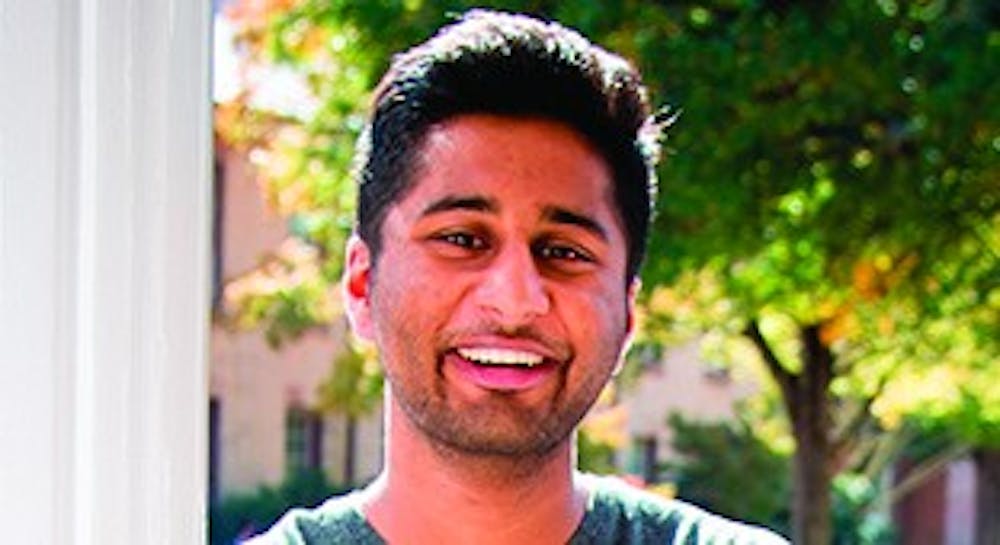Conviction is a beautiful thing. Nothing is more inspiring than being surrounded by individuals and collectives who invest so genuinely in their work. Yet, with our emphasis on conviction, we often are sorely lacking the necessary partner to conviction: self-doubt.
Reality is relative and dynamic. Belying our conviction with a healthy dosage of self-doubt allows us to move to an understanding of moral relativism where we recognize the shortcomings of any philosophy operating on pure morality. There are no such things as simple rights and wrongs; the world is too complex for that reductive thinking.
It is our duty as critical-thinking advocates to parse out the rights and the wrongs as we move forward in our actions. After we accept there isn’t nor can there ever be a singular right way to comport oneself or approach an issue, it opens up the space to value the different perspectives and experiences we all have. Contrary to the most powerful voices or the loudest ones, a singular progressive way of thinking for the most pertinent issues doesn’t exist, even for seemingly unilateral topics as free speech and cultural appropriation.
If we assume we always occupy the “right answer,” then we shut down opposing perspectives and open discourse. It can also cloud one’s judgment and stifle the necessary internal critique essential for constant self-growth.
Self-doubt also engenders a culture of humility and genuine acceptance for different perspectives. If we’re truly striving for a world where everyone’s agency and ability to self-express are uninhibited by oppressive forces nor one another, then we must invest in the notion and beauty of a multiplicity of perspectives. Our reality is defined by relativism, whereas our humanity often by its absolutism. Much of our existences’ tensions stems from this dissonance, and only with a heightened emphasis on self-doubt can we foster more contextual understandings.




